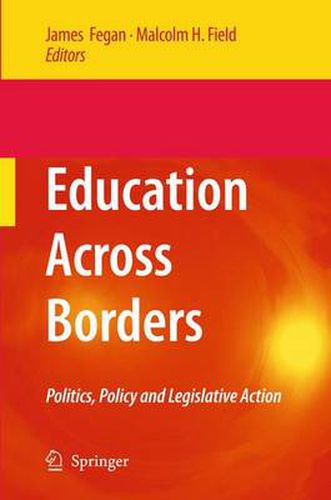Readings Newsletter
Become a Readings Member to make your shopping experience even easier.
Sign in or sign up for free!
You’re not far away from qualifying for FREE standard shipping within Australia
You’ve qualified for FREE standard shipping within Australia
The cart is loading…






This title is printed to order. This book may have been self-published. If so, we cannot guarantee the quality of the content. In the main most books will have gone through the editing process however some may not. We therefore suggest that you be aware of this before ordering this book. If in doubt check either the author or publisher’s details as we are unable to accept any returns unless they are faulty. Please contact us if you have any questions.
The Universal Declaration of Human Rights endorsed in 1948 by member states of the United Nations continues to remain very much valid as it provides the solid foundation for most actions and activities that are aimed at guaranteeing the rights of everybody. The rights enunciated in the Declaration are comprehensive and two that are relevant to the content of this book are the right to education and the right to learn. The right to education and the right to learn are known to have been hotly debated by politicians, policy makers, and implementers. Sometimes, the rights in question here have found their way into political parties’ manifestoes, and advocates oftherighttoeducation andtherighttolearnhavebeenquicktobringintojudgment politicians who have not lived up to their promises. Even at that, many member states of the United Nations have taken steps to ensure that access to learning is jealously guarded. For education and lifelong learning remain among the primary forces that can guarantee individual, community and national development, as they had always been from time immemorial. Globally, there has been ample evidence of efforts made by governments to p- mote the widening of access to participation in learning activities. Even so, the literature on the subject of access and participation has not captured suf ciently what has happened across the world in terms of providing access outside national boundaries in the context of globalization and the rapid creation of the knowled- based economies of the 21st century.
$9.00 standard shipping within Australia
FREE standard shipping within Australia for orders over $100.00
Express & International shipping calculated at checkout
This title is printed to order. This book may have been self-published. If so, we cannot guarantee the quality of the content. In the main most books will have gone through the editing process however some may not. We therefore suggest that you be aware of this before ordering this book. If in doubt check either the author or publisher’s details as we are unable to accept any returns unless they are faulty. Please contact us if you have any questions.
The Universal Declaration of Human Rights endorsed in 1948 by member states of the United Nations continues to remain very much valid as it provides the solid foundation for most actions and activities that are aimed at guaranteeing the rights of everybody. The rights enunciated in the Declaration are comprehensive and two that are relevant to the content of this book are the right to education and the right to learn. The right to education and the right to learn are known to have been hotly debated by politicians, policy makers, and implementers. Sometimes, the rights in question here have found their way into political parties’ manifestoes, and advocates oftherighttoeducation andtherighttolearnhavebeenquicktobringintojudgment politicians who have not lived up to their promises. Even at that, many member states of the United Nations have taken steps to ensure that access to learning is jealously guarded. For education and lifelong learning remain among the primary forces that can guarantee individual, community and national development, as they had always been from time immemorial. Globally, there has been ample evidence of efforts made by governments to p- mote the widening of access to participation in learning activities. Even so, the literature on the subject of access and participation has not captured suf ciently what has happened across the world in terms of providing access outside national boundaries in the context of globalization and the rapid creation of the knowled- based economies of the 21st century.